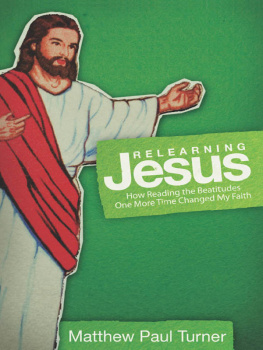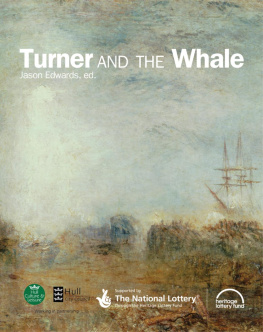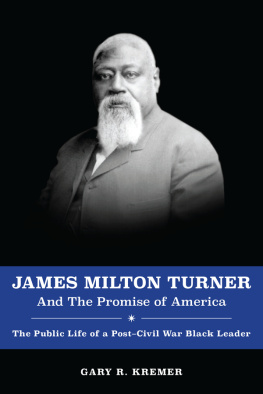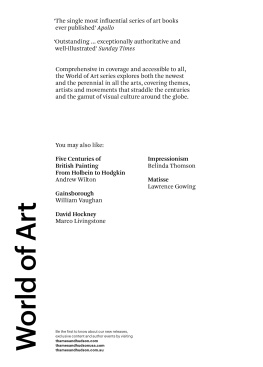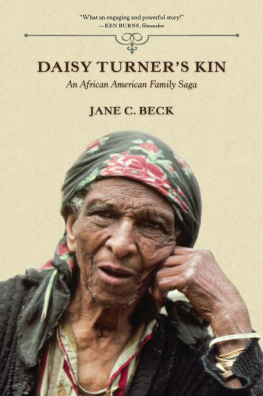Andre E. Johnson - No Future in This Country: The Prophetic Pessimism of Bishop Henry Mcneal Turner
Here you can read online Andre E. Johnson - No Future in This Country: The Prophetic Pessimism of Bishop Henry Mcneal Turner full text of the book (entire story) in english for free. Download pdf and epub, get meaning, cover and reviews about this ebook. publisher: University Press of Mississippi, genre: Politics. Description of the work, (preface) as well as reviews are available. Best literature library LitArk.com created for fans of good reading and offers a wide selection of genres:
Romance novel
Science fiction
Adventure
Detective
Science
History
Home and family
Prose
Art
Politics
Computer
Non-fiction
Religion
Business
Children
Humor
Choose a favorite category and find really read worthwhile books. Enjoy immersion in the world of imagination, feel the emotions of the characters or learn something new for yourself, make an fascinating discovery.

- Book:No Future in This Country: The Prophetic Pessimism of Bishop Henry Mcneal Turner
- Author:
- Publisher:University Press of Mississippi
- Genre:
- Rating:3 / 5
- Favourites:Add to favourites
- Your mark:
No Future in This Country: The Prophetic Pessimism of Bishop Henry Mcneal Turner: summary, description and annotation
We offer to read an annotation, description, summary or preface (depends on what the author of the book "No Future in This Country: The Prophetic Pessimism of Bishop Henry Mcneal Turner" wrote himself). If you haven't found the necessary information about the book — write in the comments, we will try to find it.
No Future in This Country: The Prophetic Pessimism of Bishop Henry McNeal Turner is a history of the career of Bishop Henry McNeal Turner (1834-1915), specifically focusing on his work from 1896 to 1915. Drawing on the copious amount of material from Turners speeches, editorial, and open and private letters, Andre E. Johnson tells a story of how Turner provided rhetorical leadership during a period in which America defaulted on many of the rights and privileges gained for African Americans during Reconstruction. Unlike many of his contemporaries during this period, Turner did not opt to proclaim an optimistic view of race relations. Instead, Johnson argues that Turner adopted a prophetic persona of a pessimistic prophet who not only spoke truth to power but, in so doing, also challenged and pushed African Americans to believe in themselves.
At this time in his life, Turner had no confidence in American institutions or that the American people would live up to the promises outlined in their sacred documents. While he argued that emigration was the only way for African Americans to retain their personhood status, he also would come to believe that African Americans would never emigrate to Africa. He argued that many African Americans were so oppressed and so stripped of agency because they were surrounded by continued negative assessments of their personhood that belief in emigration was not possible. Turners position limited his rhetorical options, but by adopting a pessimistic prophetic voice that bore witness to the atrocities African Americans faced, Turner found space for his oratory, which reflected itself within the lament tradition of prophecy.
Andre E. Johnson: author's other books
Who wrote No Future in This Country: The Prophetic Pessimism of Bishop Henry Mcneal Turner? Find out the surname, the name of the author of the book and a list of all author's works by series.

